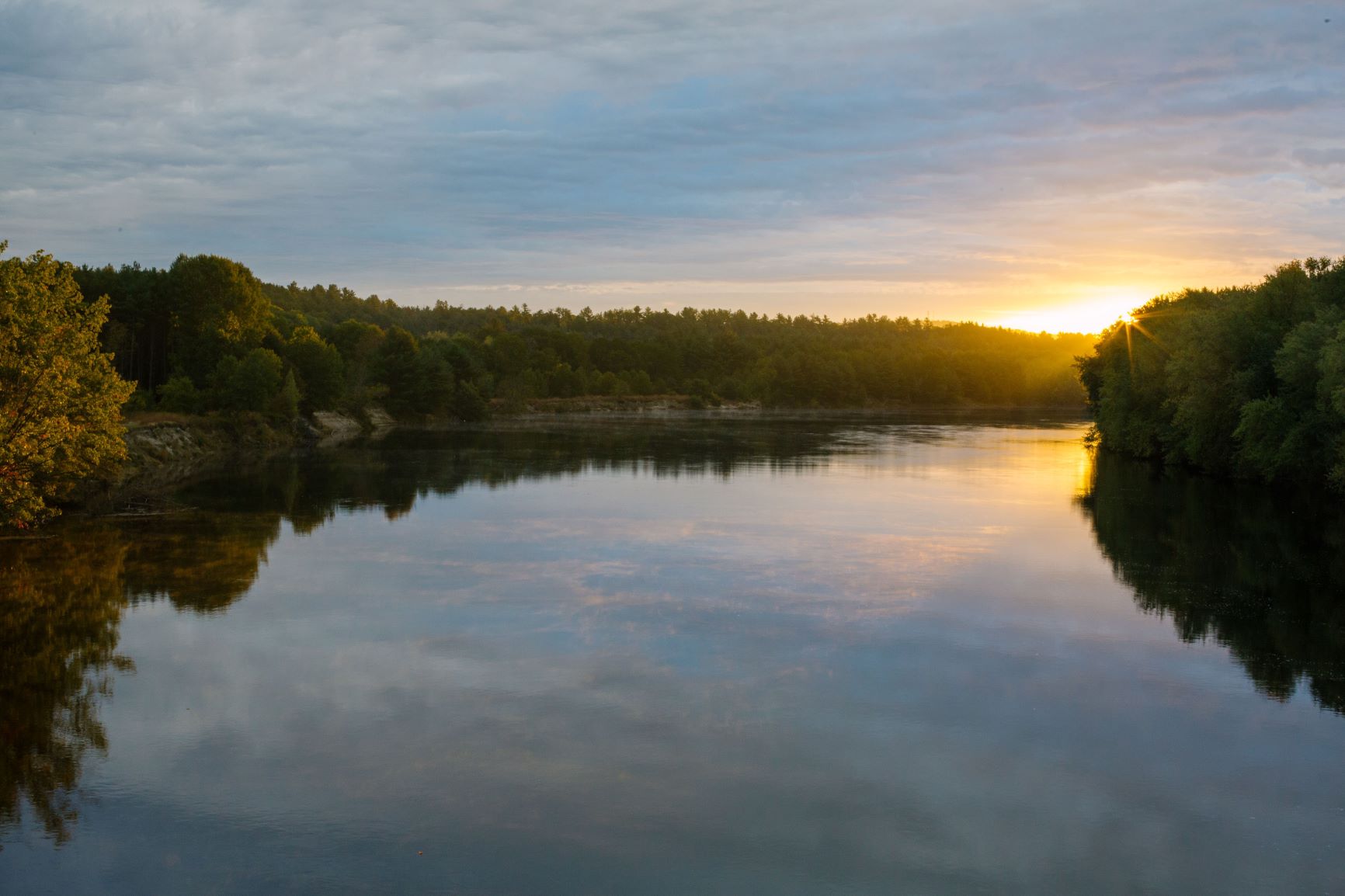Saturday, September 24, 2022
Morning field trips and educational programs run from 9 AM to 11:30 AM. Trips begin at field locations. Detailed information about location and parking will be sent with confirmation of your Annual Meeting registration.
There are five optional field trip choices:
1. Merrimack River Paddle Trip with North Country Kayak: 9-11:30 am
Total paddle time: 2 hours. Total distance: 4 miles.
Cost: $50/person additional; includes kayak rental. Limit of 15 people.
Note: Waivers must signed online beforehand or we will provide paper copies in-person. Sign here.
Leaders: Carrie Deegan and Cameron Larnerd of the Forest Society, and North Country Kayak staff
2. FULL - Stillhouse Forest Hike, Canterbury: 9-11:30 am
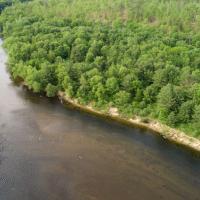
Join Forest Society Field Forester Steve Junkin and Stillhouse Forest Volunteer Land Steward Craig Mabie for a tour of the Forest Society's Stillhouse Forest. The two-hour hike is approximately 2 miles round trip and will include hiking along informal trails, old logging roads, and perhaps some mild bushwhacking. This outing provides access to views of secluded parts of the Merrimack River and undeveloped forest habitat.
Total hiking time: 2 hours. Total distance: 2 miles
Leaders: Forest Society staff Steve Junkin and Stillhouse Forest Volunteer Land Steward Craig Mabie
Location: Stillhouse Forest, Canterbury
3. Merrimack River Floodplain Natural History Walk: 9-11:30 am
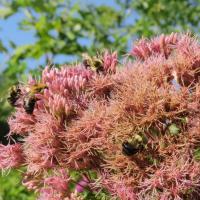
Total hiking time: 2 hours. Total distance: 1.5-mile loop on mainly flat and level trails.
Leaders: Forest Society staff Dave Anderson and Sarah Kern
Location: Merrimack River Outdoor Education & Conservation Area
4. Tour of the Forest Society's Conservation Center: 9-10 am OR 10:30-11:30 am
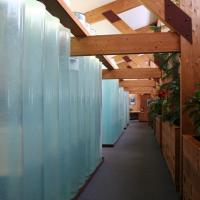
Leaders: Forest Society staff Carl Murphy and Matt Scaccia
Location: The Conservation Center, 54 Portsmouth Street, Concord
5. Humans and Nature in the Monadnock Region: the First 13,000 Years: 10-11:30 am
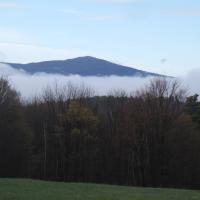
Location: Conference room, The Conservation Center, 54 Portsmouth Street, Concord
Speaker: Professor Robert Goodby
Robert Goodby is Professor of Anthropology at Franklin Pierce University. He holds a Ph.D. in anthropology from Brown University and has over thirty years of experience excavating Native American archaeological sites in New England. He is a past president of the New Hampshire Archaeological Society, a former Trustee of the Mount Kearsarge Indian Museum, and served on the New Hampshire Commission on Native American Affairs. He has directed over four hundred archaeological studies authorized by the National Historic Preservation Act and his work has appeared in anthropological journals and in anthologies published by the Smithsonian Institution Press and University Press of New England. He is a long-time presenter for the New Hampshire Humanities “Humanities to Go” program and the author of A Deep Presence: 13,000 Years of Native American History, published by Peter E. Randall Publisher in 2021.
Back to Annual Meeting Registration page
